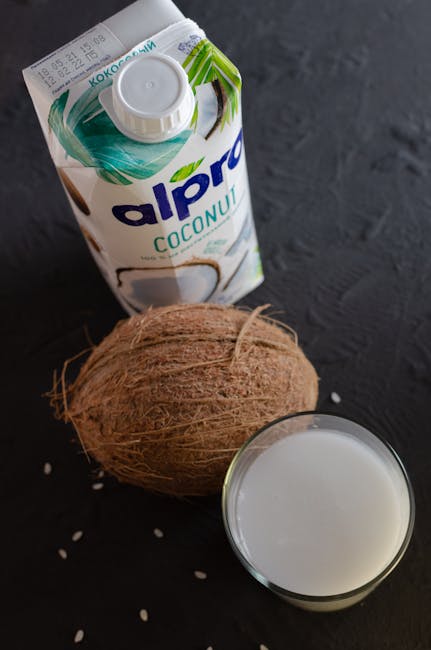Introduction
Have you ever noticed how certain foods make you feel better, while others leave you sluggish and irritable? There’s a powerful connection between diet and mood, and one key player in this relationship is serotonin, a neurotransmitter often dubbed the “happiness hormone.” This article explores how the Paleo diet, with its focus on whole, unprocessed foods, can influence serotonin production and, consequently, your overall mood and well-being.
Paleo and Serotonin: The Connection
Serotonin: More Than Just Happiness
Serotonin isn’t just about happiness; it plays a crucial role in various bodily functions, including:
- Mood regulation: Stabilizing mood and preventing depression and anxiety.
- Sleep regulation: Promoting restful sleep.
- Appetite control: Helping regulate hunger and satiety.
- Digestion: Aiding in gut motility.
The Gut-Brain Axis and Serotonin
Interestingly, most of your body’s serotonin is produced in the gut! This highlights the importance of a healthy gut microbiome in serotonin synthesis. The gut-brain axis is a bidirectional communication system connecting the gut and the brain. A diet that supports a healthy gut, like the Paleo diet, can indirectly influence serotonin levels in the brain.
How the Paleo Diet Supports Serotonin Production
The Paleo diet, which emphasizes lean proteins, fruits, vegetables, and healthy fats while excluding grains, legumes, and processed foods, can positively impact serotonin levels in several ways:
- Reducing Inflammation: Processed foods, sugars, and unhealthy fats can promote inflammation, which can disrupt serotonin production. The Paleo diet’s emphasis on whole, unprocessed foods helps reduce inflammation, allowing for more efficient serotonin synthesis.
- Providing Essential Nutrients: The Paleo diet is rich in nutrients like tryptophan, an amino acid that is a precursor to serotonin. Foods like turkey, eggs, nuts, and seeds are excellent sources of tryptophan.
- Promoting a Healthy Gut Microbiome: The abundance of fiber from fruits and vegetables in the Paleo diet nourishes beneficial gut bacteria. A diverse and healthy gut microbiome is crucial for serotonin production and overall gut health.
- Stabilizing Blood Sugar: Avoiding refined carbohydrates and sugary drinks helps stabilize blood sugar levels. Blood sugar fluctuations can negatively impact mood and energy levels, potentially affecting serotonin balance.
Foods to Focus on for Serotonin Support (Paleo-Friendly)
- Turkey: High in tryptophan.
- Eggs: A good source of tryptophan and choline.
- Nuts and Seeds: Provide tryptophan, healthy fats, and fiber. (e.g., almonds, walnuts, pumpkin seeds)
- Leafy Green Vegetables: Rich in vitamins and minerals essential for overall health, including those involved in neurotransmitter synthesis. (e.g., spinach, kale)
- Avocados: A source of healthy fats and tryptophan.
- Salmon: Rich in Omega-3 fatty acids, which are beneficial for brain health and mood.
Beyond Diet: Lifestyle Factors Affecting Serotonin
While diet is crucial, other lifestyle factors also influence serotonin levels:
- Sunlight: Exposure to sunlight stimulates serotonin production.
- Exercise: Physical activity boosts serotonin levels.
- Stress Management: Chronic stress can deplete serotonin. Practices like meditation and yoga can help manage stress.
- Sufficient Sleep: Getting enough sleep is essential for overall health and serotonin regulation.
Conclusion
The Paleo diet, with its focus on whole, unprocessed foods, offers a powerful way to support serotonin production and improve mood. By reducing inflammation, providing essential nutrients, and promoting a healthy gut microbiome, the Paleo diet creates an environment conducive to optimal serotonin synthesis. While diet is a key factor, remember that lifestyle factors like sunlight exposure, exercise, and stress management also play crucial roles in maintaining healthy serotonin levels and overall well-being. Consult with a healthcare professional or registered dietitian before making significant dietary changes, especially if you have existing health conditions.
